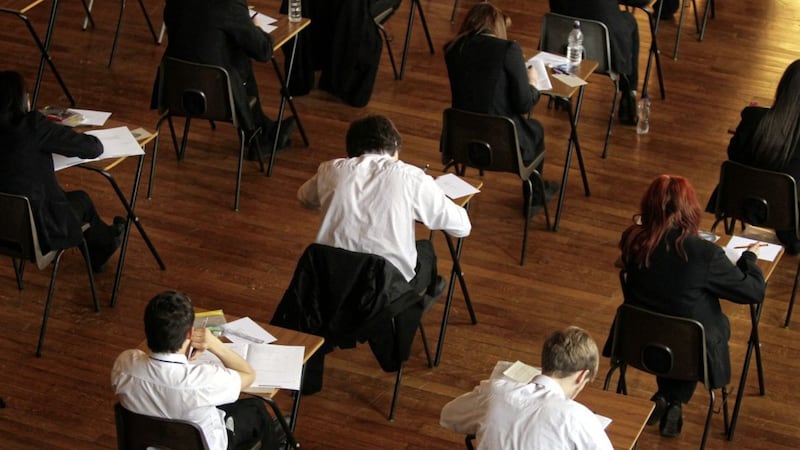SOARING numbers of unconditional degree offers from universities could cause top A-level pass rates to fall, it has been claimed.
There have been warnings that a hike in guaranteed places might encourage pupils to "take their foot off the pedal".
Thousands of sixth formers will receive results this week.
Figures published by admissions service Ucas last month showed the number of unconditional offers made to 18 year-olds from Northern Ireland, England and Wales had risen dramatically in five years.
There were 2,985 offers recorded as unconditional in 2013. In 2018, the figure was 67,915.
Unconditional offers do not have any further academic requirements the student needs to meet. This means anyone accepted before they complete A-levels would not have to sit the exams or worry about failing.
The issue has sparked concerns from ministers and school leaders, who have argued the practice undermines the credibility of the university system and puts youngsters' futures at risk.
Almost one in every three A-level entries in Northern Ireland last year was awarded one of the two top grades.
Professor Alan Smithers, director of the Centre for Education at the University of Buckingham, suggested the rise in unconditional offers could contribute to a fall in the proportion of exams awarded an A* or A.
If those given a guaranteed offer "really take their foot off the pedal, they may not be getting the high grades that they might otherwise have done", he said.
Such offers have always been part of the admissions process and are used in a variety of circumstances, including to mature students who have already achieved their qualifications.
They may also be made to those applying for creative arts courses, after submitting a portfolio, or following a successful interview or audition. Artistic flair is likely to be viewed as a better indication of potential than traditional grades.
Some institutions also use them to attract and retain interest from students in a competitive marketplace.
Malcolm Trobe, deputy general secretary of the Association of School and College Leaders. said if there was a dip in top grades, "it could well be due to youngsters taking their foot off the gas".
"We're very concerned that universities are doing this to get bums on seats," he said.
"Whereas, in fact what should be happening in the process is that students are on the most appropriate degree provision for them, for what their potential career progression is going to be, and if the nature of the course that they're doing is best suited to them."








